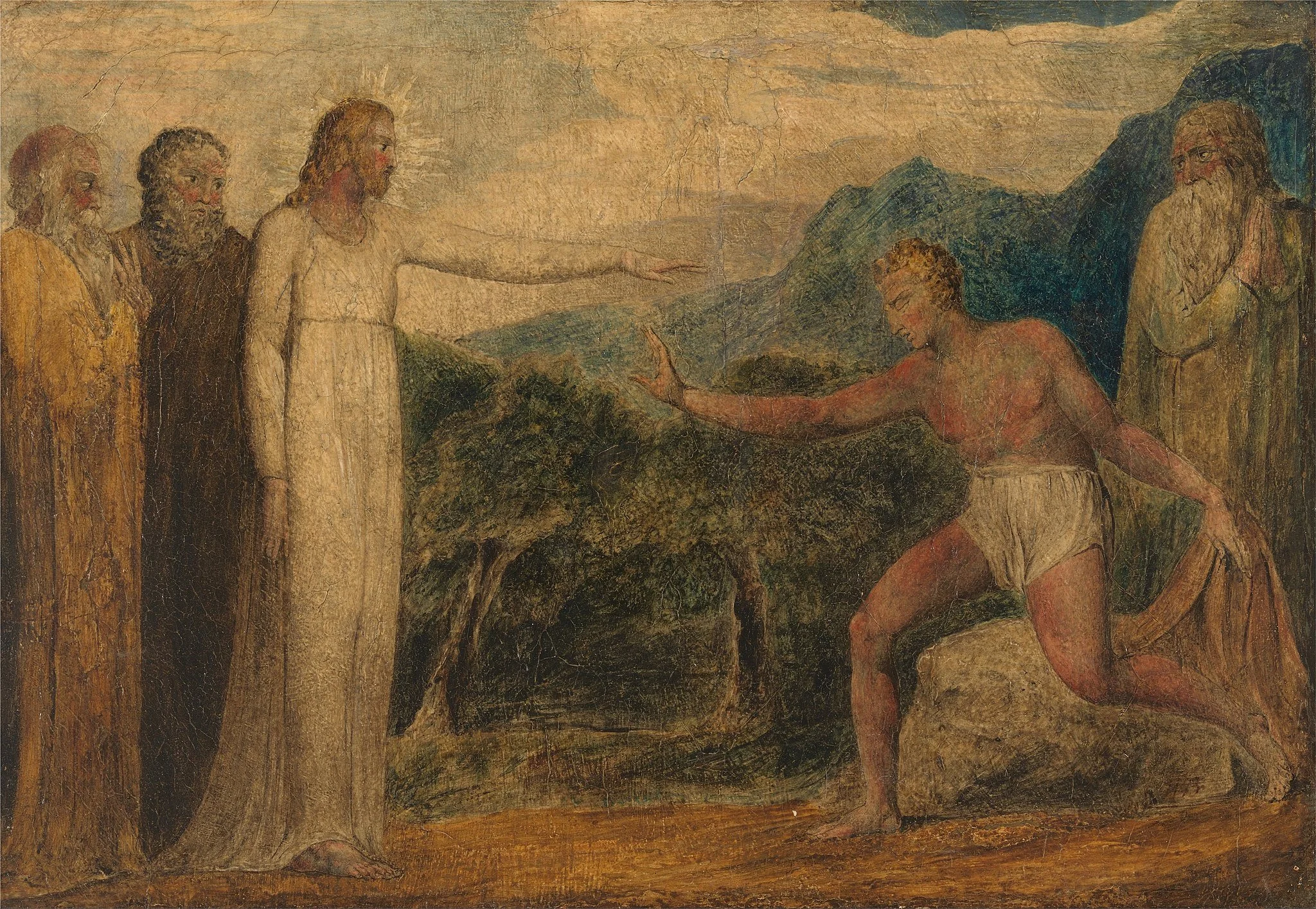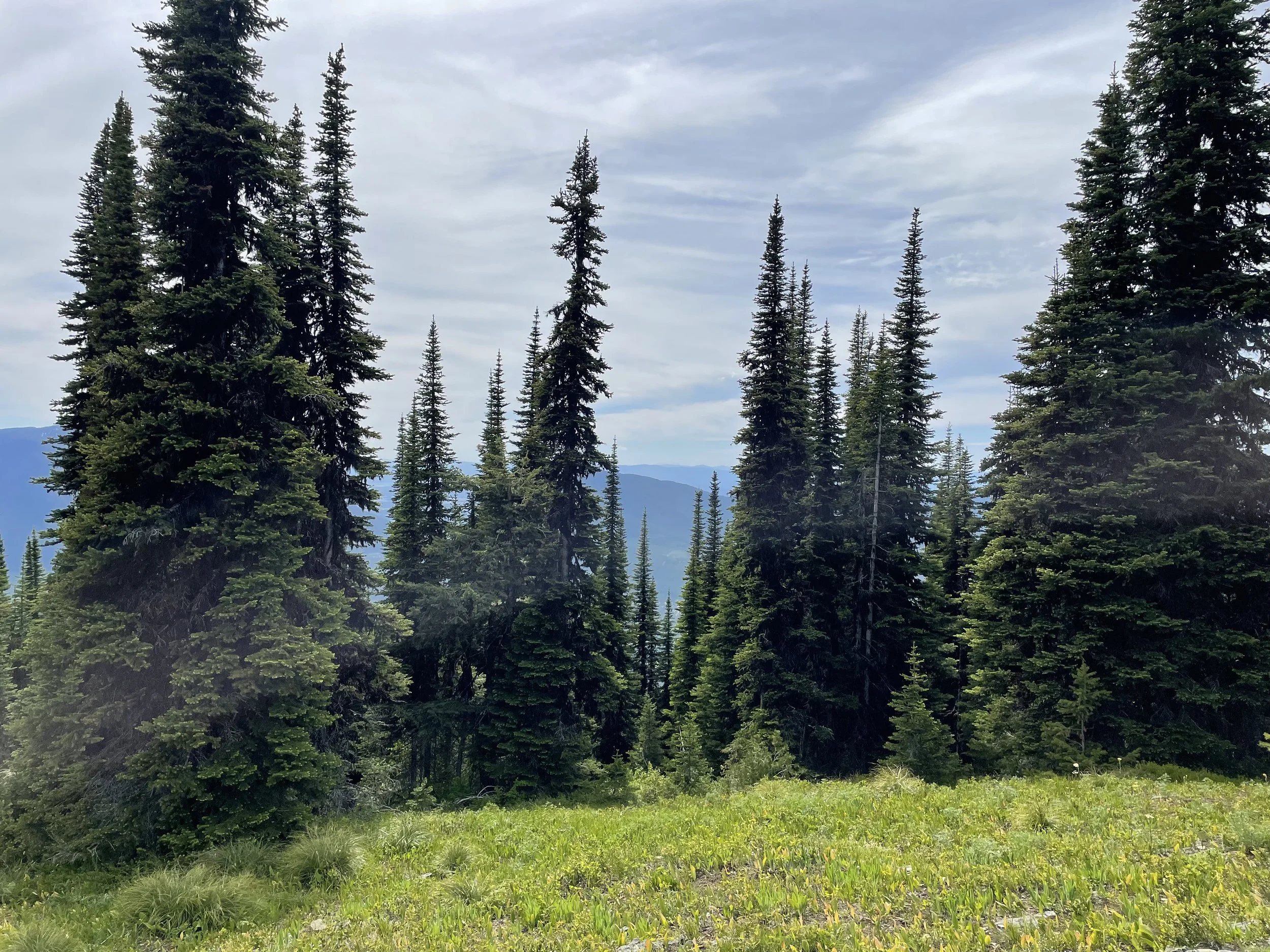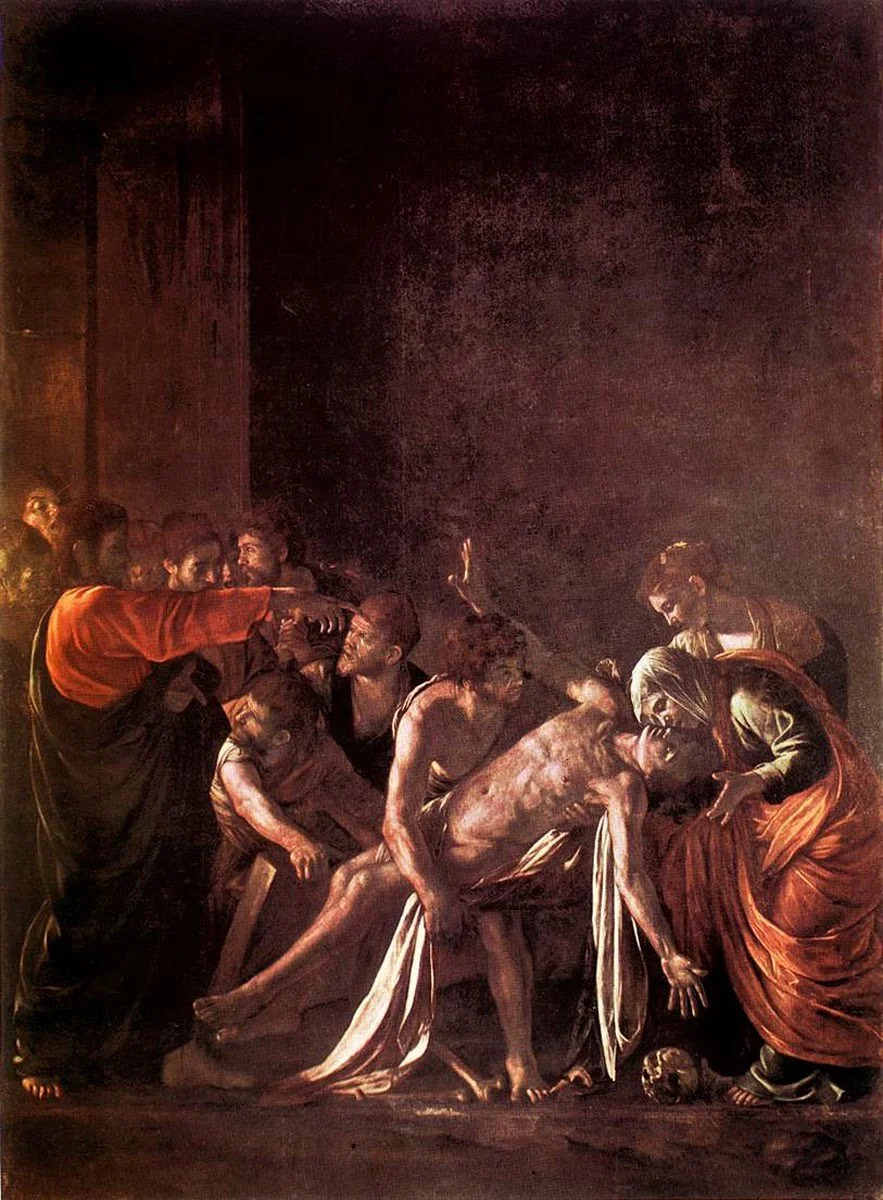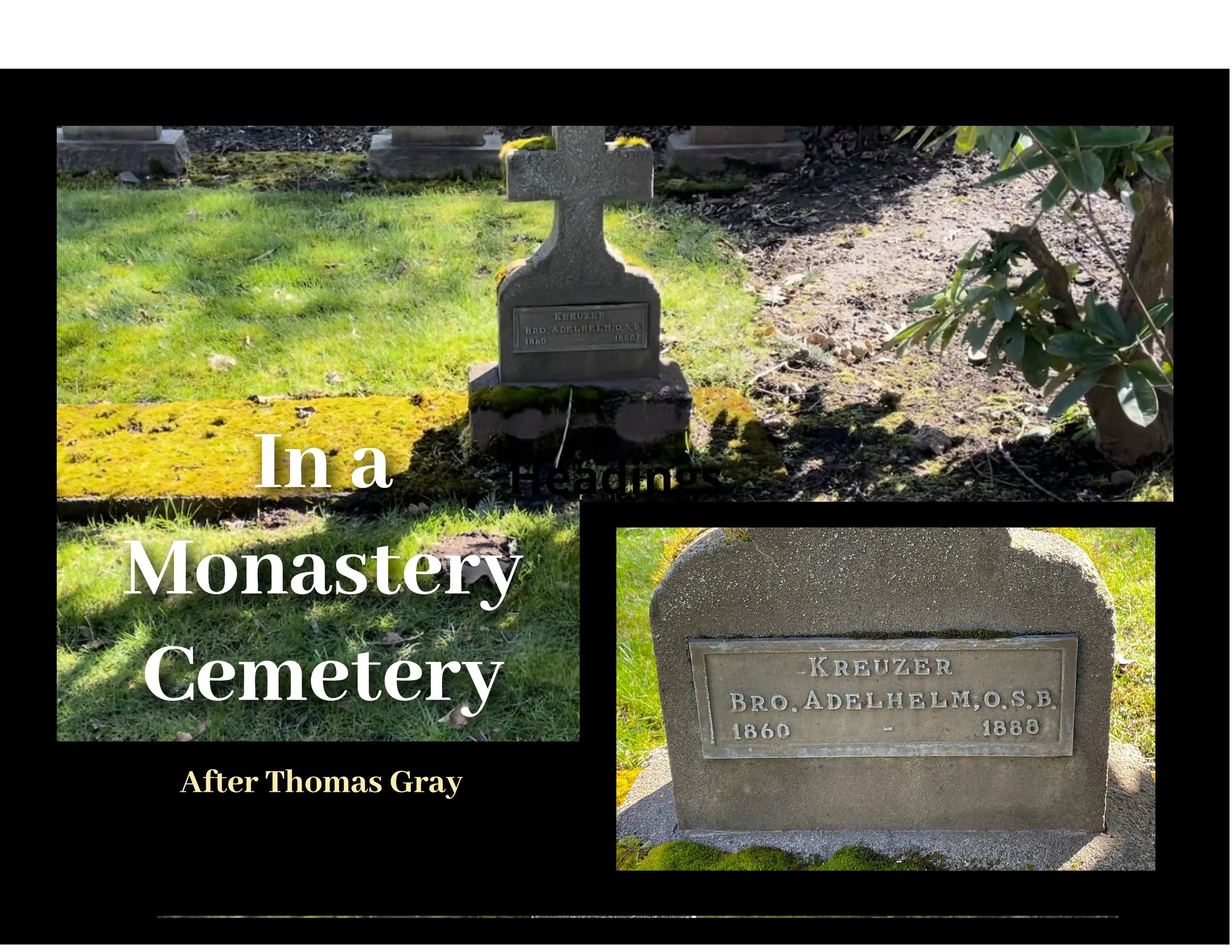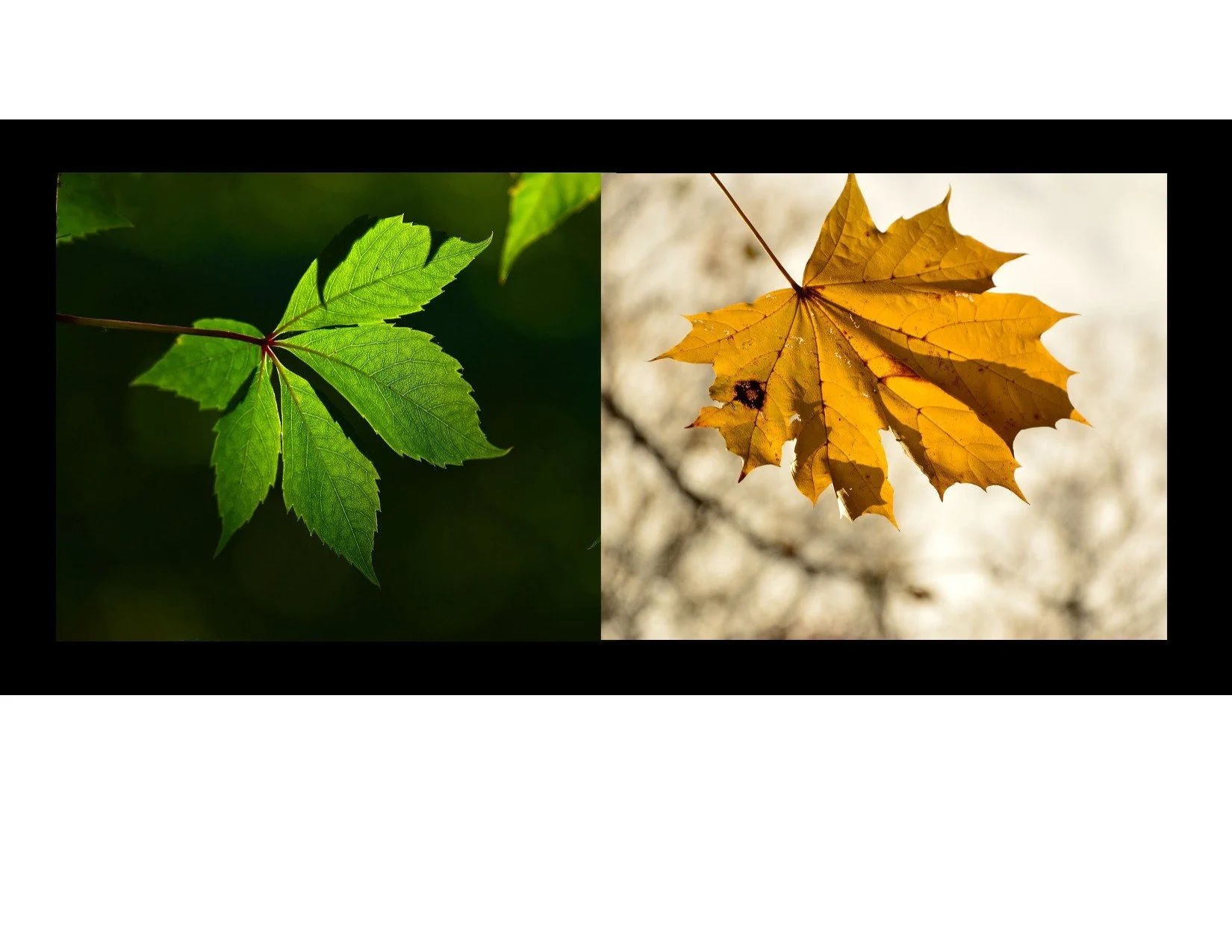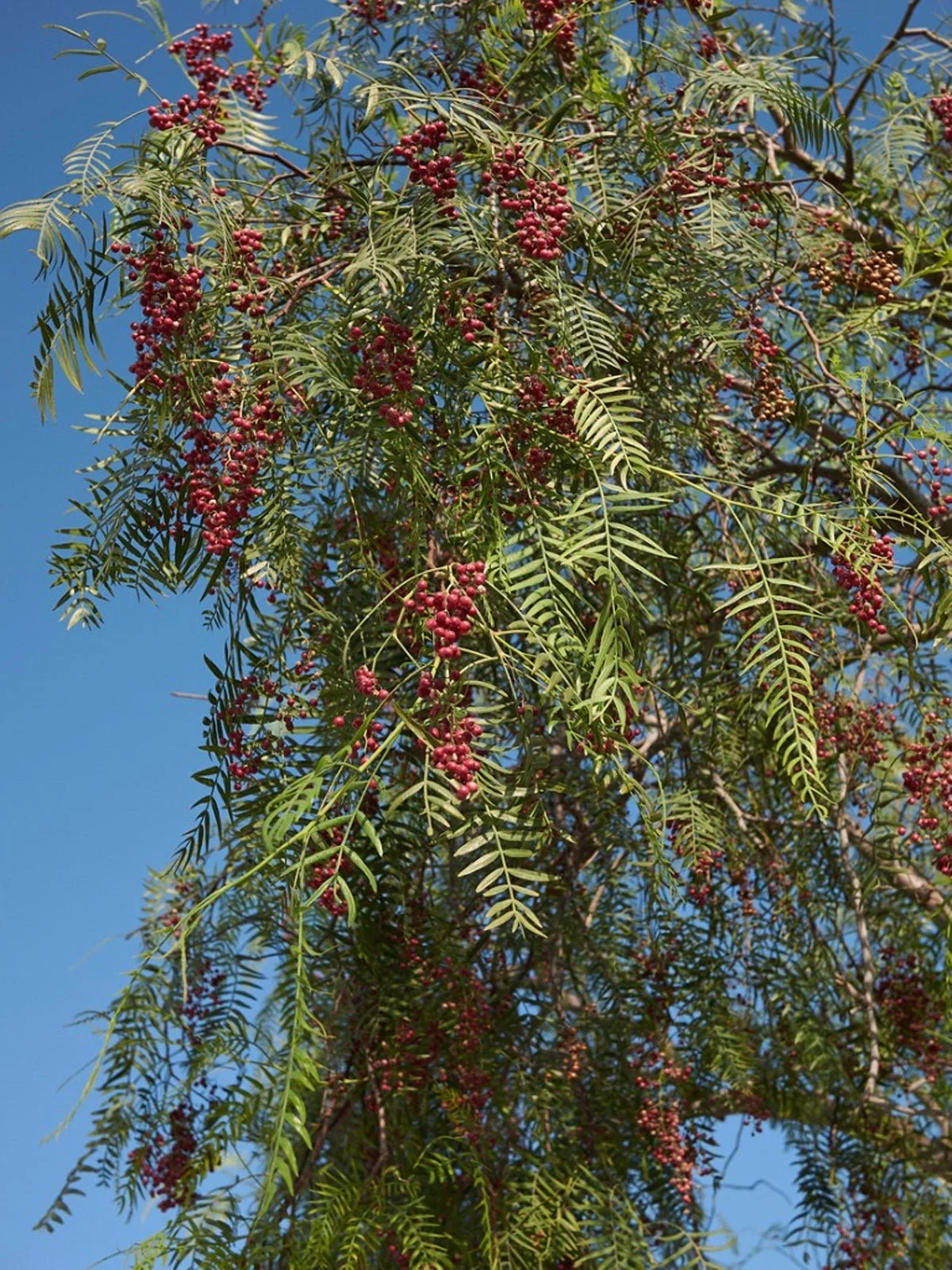Brother Adelhelm Kreuzer, strict
observer of Saint Benedict
is resting under gathered moss,
under a rough hewn concrete cross,
lichen speckled, back-lit sun;
Adelhelm rests, his work is done.
Adelhelm Kreuzer, just twenty-eight,
died in eighteen eighty-eight.
No hits on the internet.
Oldest gravestone in the set
of rows of crosses on Mt. Angel.
At once to speak of him is painful,
.
again to speak of him is peace.
How his mother must have grieved
such lost potentiality,
what could have been was not to be.
Founder Abbot Obermatt
lived to seventy-six and that
was forty-eight more winters’ snow
than Adelhelm would ever know.
The coo of the Eurasian Dove
drops gently from a branch above
me as I move from shadow to sun.
Adelhelm rests, his work is done.
Is it birdsong mixed with light
that yields this peacefulness unlike
any I have known before?
Am I sentimental or
filled with wishful thinking? I
have not the least desire to die.
Something deeper feeds this current.
I am interrupted by an urgent
Northern Flicker’s keen insistence,
brave from its unseen position
whose staccato call is drilling
into me ethereal feeling
with everyone at rest in rows.
Each plot neatly swept. The mown
grass smells sweet, its surface wet
with stubborn dew where shadows yet
linger underneath the cedars,
home to robins with their eager
spring melodies, and on the air
bells calling brothers to prayer
ring across the morning coolness.
See the living bustle to the
sanctuary, work to do there,
laboring without Brother Kreuzer.
He rests now with Patrick Meagher,
born in nineteen O-eight. Either
Cahill or Fisher was first to be
buried under the center tree.
Josue Alejandro Bénavidez,
last to rest, lies where no stone is.
All their lives of consequence
stíll tumble down through time since
every act continues that one
domino-falling chain-reaction,
and who knows what will be the end
of the smallest acts by each of them?
Can it be, then, Adelhelm,
though his years were few and fell
short the mark of all the rest
yet released a work as blessed
as any other of longer years,
filling up the corridors
just as much, or better, than they,
and still working to this day
in far corners of the world
where we’d never guess it traveled,
perhaps to quietly sway the rod
of empire or inspire for God
ecstasy or shouts aloud
against the tyrant’s madding crowd?
And all the while he lies in rest,
the Black-Capped Chickadee unimpressed.
The burrowing worm above his dust
forges forward oblivious
it works the soil of a holy ground
in which the living and dead are found.
Now I turn with sighs to leave
this hidden paradise that gives
a glimpse of my own destiny,
the deep rest that awaits me
as true as was for Adelhelm,
the rare peace that will overwhelm
the weak anxieties that riddle through
the living with work yet to do
as now I have, both work and worry,
but something less of each I carry
from this place in dappled sun
where Adelhelm rests, his work begun.










